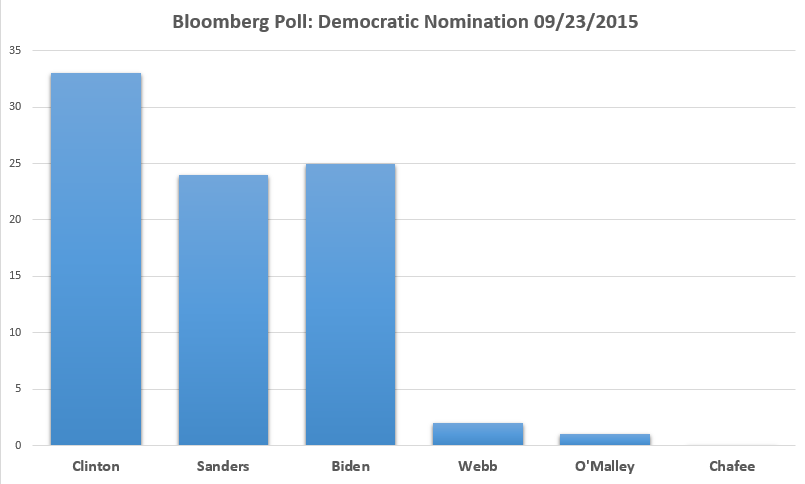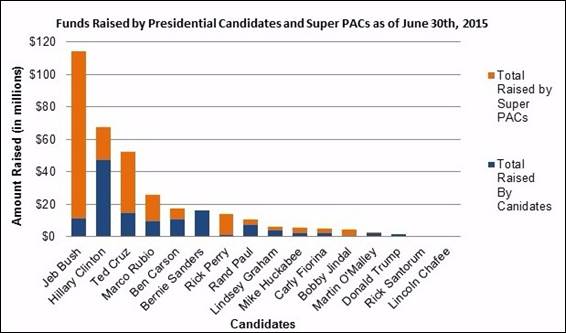Why U.S. Productivity May Be Worse Than We Think

The new economy may be making it easier for people to work from home and in other non-office settings, but it isn’t necessarily making us more productive.
This week, the Bureau of Labor statistics released new data, which showed that Americans spent more time working last year than at any time in the survey’s 12-year history. However, employers aren’t paying workers for those additional hours worked, according to a new research note from Michael Feroli, Chief Economist at J.P. Morgan
That’s bad news for workers, who are doing additional work without earning any additional compensation, but it’s also bad news for the economy. The BLS measures productivity growth (output divided by hours worked) based on the number of hours reported by the employer.
Related: The Do’s and Don’t’s of Boosting Your Productivity
Even by that measure, productivity expanded just 0.6 percent per year from 2010 to 2014, compared to 2.1 percent per year from 2003 to 2009. But when looking at productivity growth based on hours worked from an employees’ perspective, productivity has remained totally flat since 2010, according to Feroli.
What’s behind the discrepancy? Feroli writes that it may have to do with the way we work in today’s economy. “Technology can tether one to the office every minute of the day and in every place, regardless of whether the employer pays for that degree of connectedness.”
Will Trump's Tax Cuts Really Happen? Economists Are Surprisingly Optimistic
Despite all the thorny questions swirling around President Trump's nascent tax reform plan, 29 of 38 economists surveyed by Bloomberg in a monthly poll said they expect Congress to cut taxes by November of next year.
The hitch: The economists don’t expect the cuts will help the economy much. The median projection of a larger group of 71 economists is for 2018 growth of 2.3 percent, up only slightly from 2.1 percent this year — and by 2019, the economists see growth slipping back to 2 percent.




